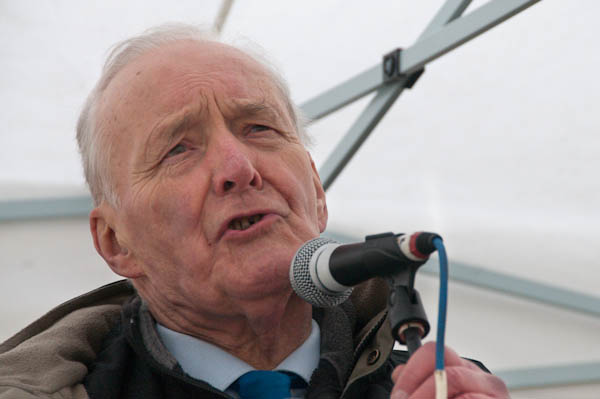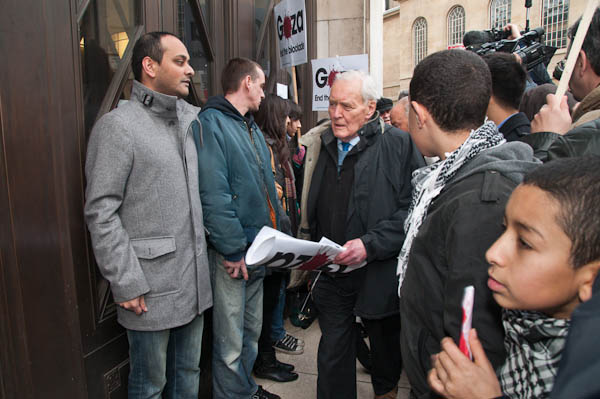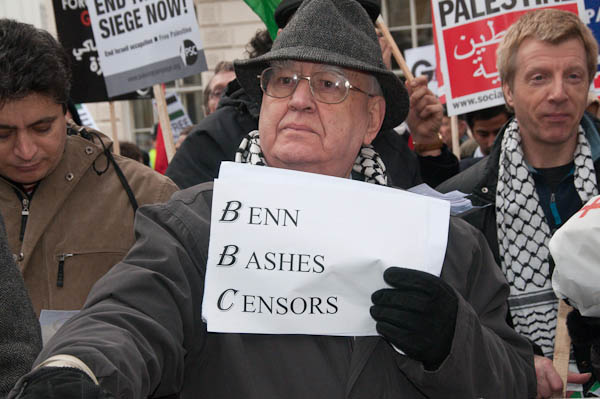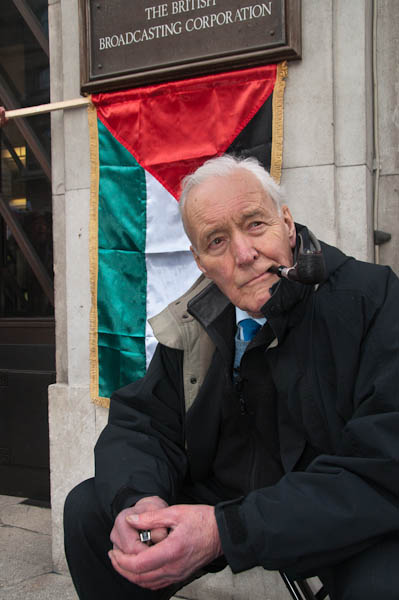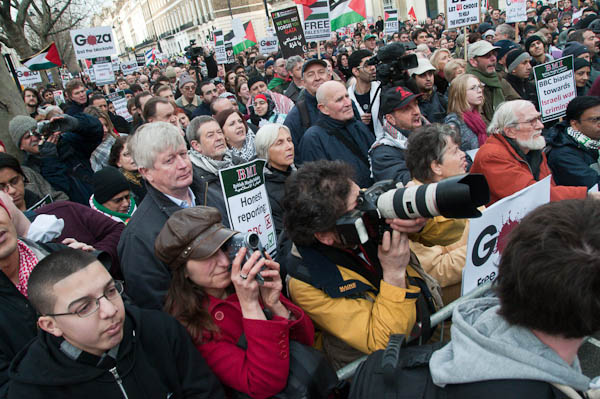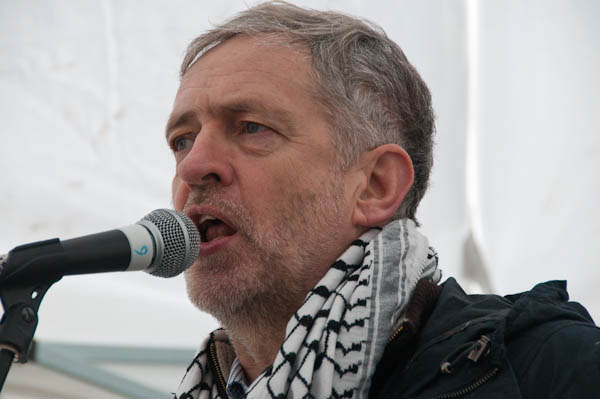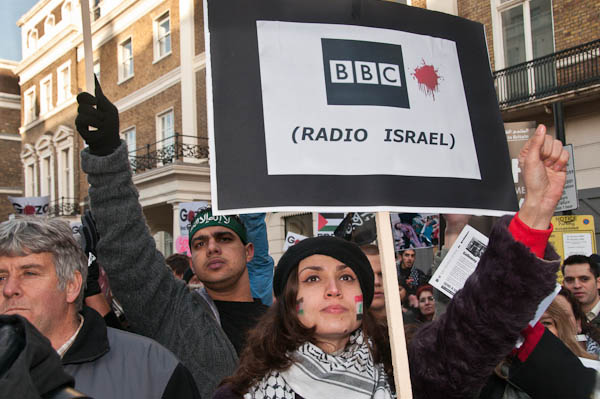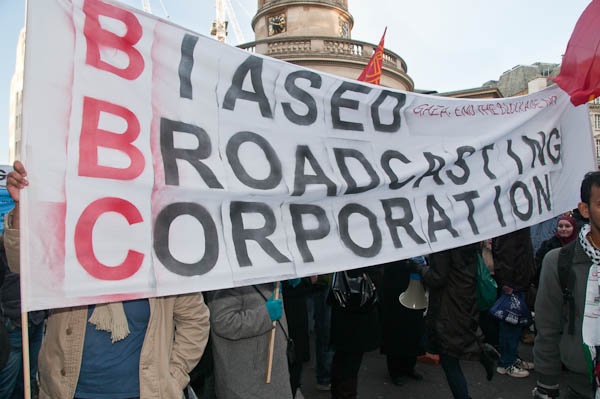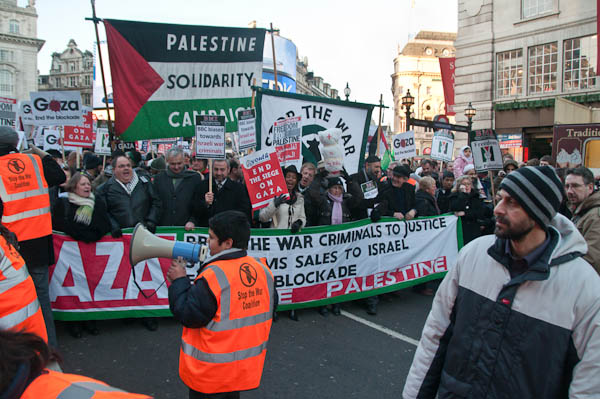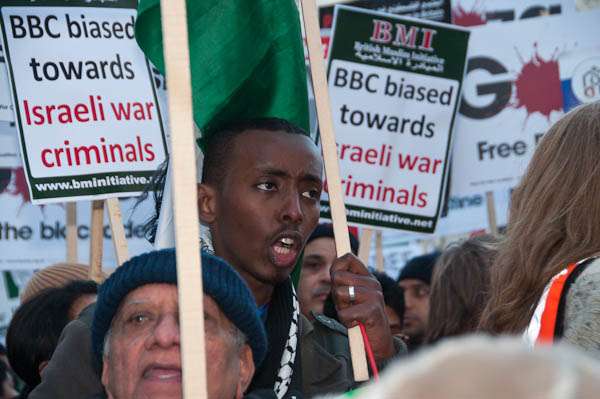Against Clerical Fascism & Women For Choice: On Saturday 9th July 2011 I photographed a protest against the imposition of religious laws outside a Hizb ut-Tahrir conference in East London and then a larger protest at Westminster against amendments to the Health and Social Care Bill which would severely damage the provisions of the 1967 Abortion Act.
Protest At Hizb ut-Tahrir Conference – Whitechapel
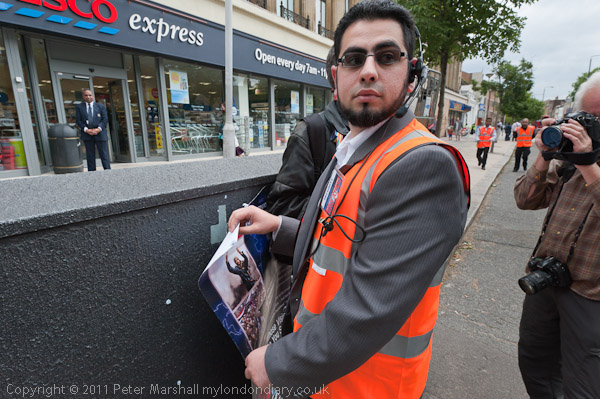
Hizb ut-Tahrir were proscribed in the UK as a terrorist organisation in January 2024 after a protest following the Hamas attack on Israel at which they called on Muslim armies to attack Israel. I had photographed various protests by them for around 20 years and had found them to be a deeply worrying organisation both in their views and in the way their events were run and was surprised that they had been allowed to continue their activities so long. They appeared to many to have some kind of special secret licence from our security organisations for their extremism.

Hizb ut-Tahrir were holding their International Khilafah conference at the former Wickham’s department store in Whitechapel and a small group of protesters including Peter Tatchell had come to protest outside.

On My London Diary I quoted Tatchell’s statement about the group:
“Hizb ut Tahrir opposes democracy and wants to establish a religious dictatorship where non-Muslims and women are denied equal human rights. The group has a long history of anti-Semitism, homophobia and bigotry towards Hindu people. It is also guilty of extreme intolerance towards Muslims who do not share its harsh, fundamentalist interpretation of Islam.”

There were separate entrances to the venue for men and women and photographers who attempted to photograph the women in front of their entrance were approached by security and told they must not photograph the women – and shortly after “a group of around a dozen Hizb ut-Tahrir security men and male stewards came and stood around the women to make further photography difficult.”

I’d earlier photographed a poster advertising the event on a cabinet in the pavement outside, and was photographing Peter Tatchell holding a placard reading ‘Hizb ut-Tahrir = clerical fascism No to Hizb / EDL /BNP‘ when one of the security men came and ripped the poster from the cabinet.

The protest was multi-racial and multi-ethnic and one Muslim woman held a poster stating ‘Hizb-ut-Tahrir does not represent Muslims.’ And, as I reported, ‘A Muslim man in his thirties walking past asked me what was happening and when I told him, described Hizb ut-Tahrir as “absolute nutters.“‘
Protest At Hizb ut-Tahrir Conference
Pro-Choice Rally at Parliament – Old Palace Yard, Westminster
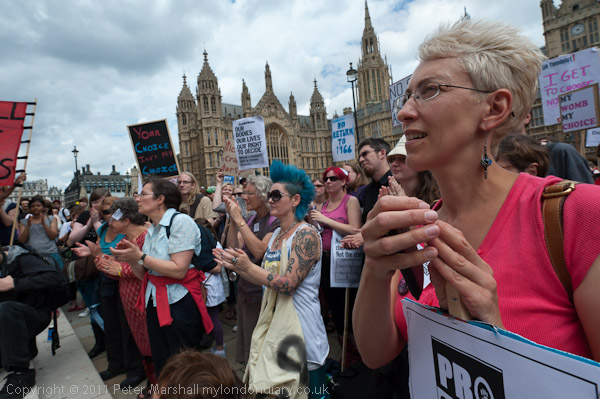
Many different groups had come to the rally to oppose the “attempts by right-wing Christians and some Conservatives to turn back the clock towards the position before the 1967 Act, where many women had dangerous illegal back-street abortions, often with disastrous effects on their health. “
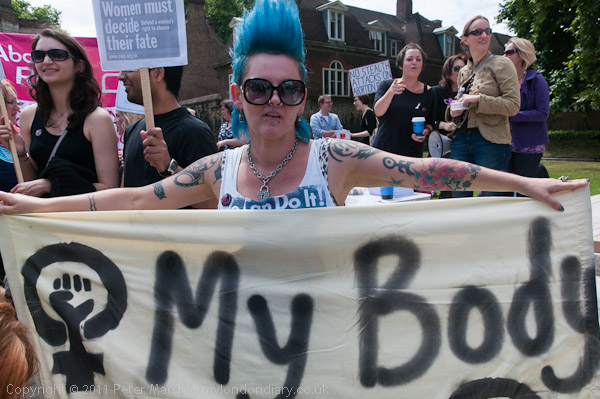
That Act, legalising abortion, had “led to one of the greatest single improvements in health for women of the last century.” But the amendments proposed by Nadine Dorries and others to the Health and Social Care Bill being debated in parliament in 2011 would have imposed “a further delay on abortions and would open the door to counselling provided by unregulated and unlicensed organisations including those opposed to abortions on religious grounds, and would remove the current obligations to provide medically sound and unbiased information.”
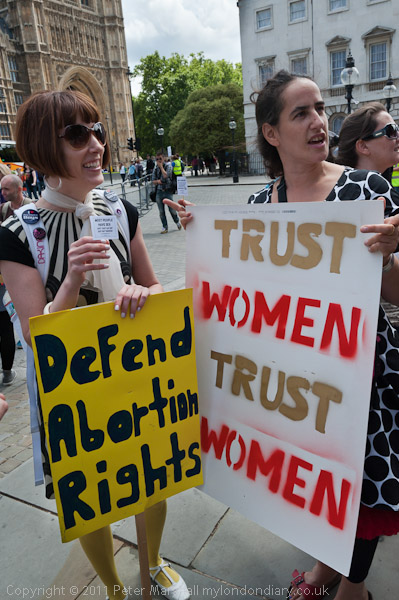
Under the coalition government a new advisory group on abortion had been set up which excluded ‘the Pregnancy Advisory Service but includes Life, an anti-abortion group which preaches abstinence and, according to its web site, “is opposed to abortion on principle in all circumstances.’

The government was also under strong “pressure from anti-abortion groups to lower the time limit for abortions from the current 24th week of gestation” despite clear medical advice against this from The Royal College of Obstetricians and Gynaecologists.

On My London Diary you can also see many of the speakers at the event, including “including those wanting an extension of abortion rights to women in Northern Ireland, along with Labour MP and women’s rights campaigner Diane Abbott, columnist Penny Laurie (Penny Red), Green Party London Assembly member Jenny Jones, and doctor and former Liberal Democrat science spokesman and MP Evan Harris” – who was the only man who spoke while I was at the rally.
More at Pro-Choice Rally at Parliament.
Flickr – Facebook – My London Diary – Hull Photos – Lea Valley – Paris
London’s Industrial Heritage – London Photos
All photographs on this page are copyright © Peter Marshall.
Contact me to buy prints or licence to reproduce.
